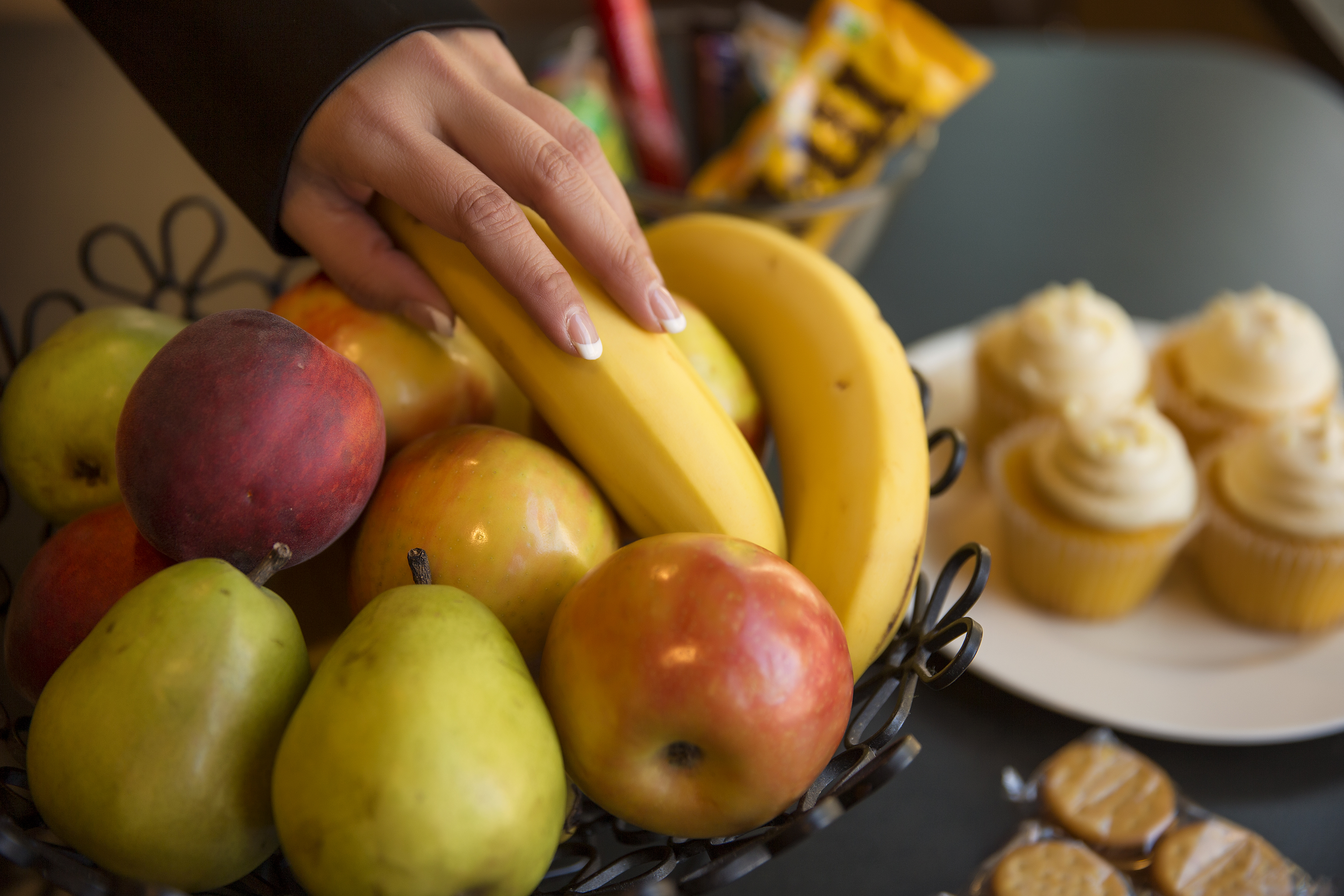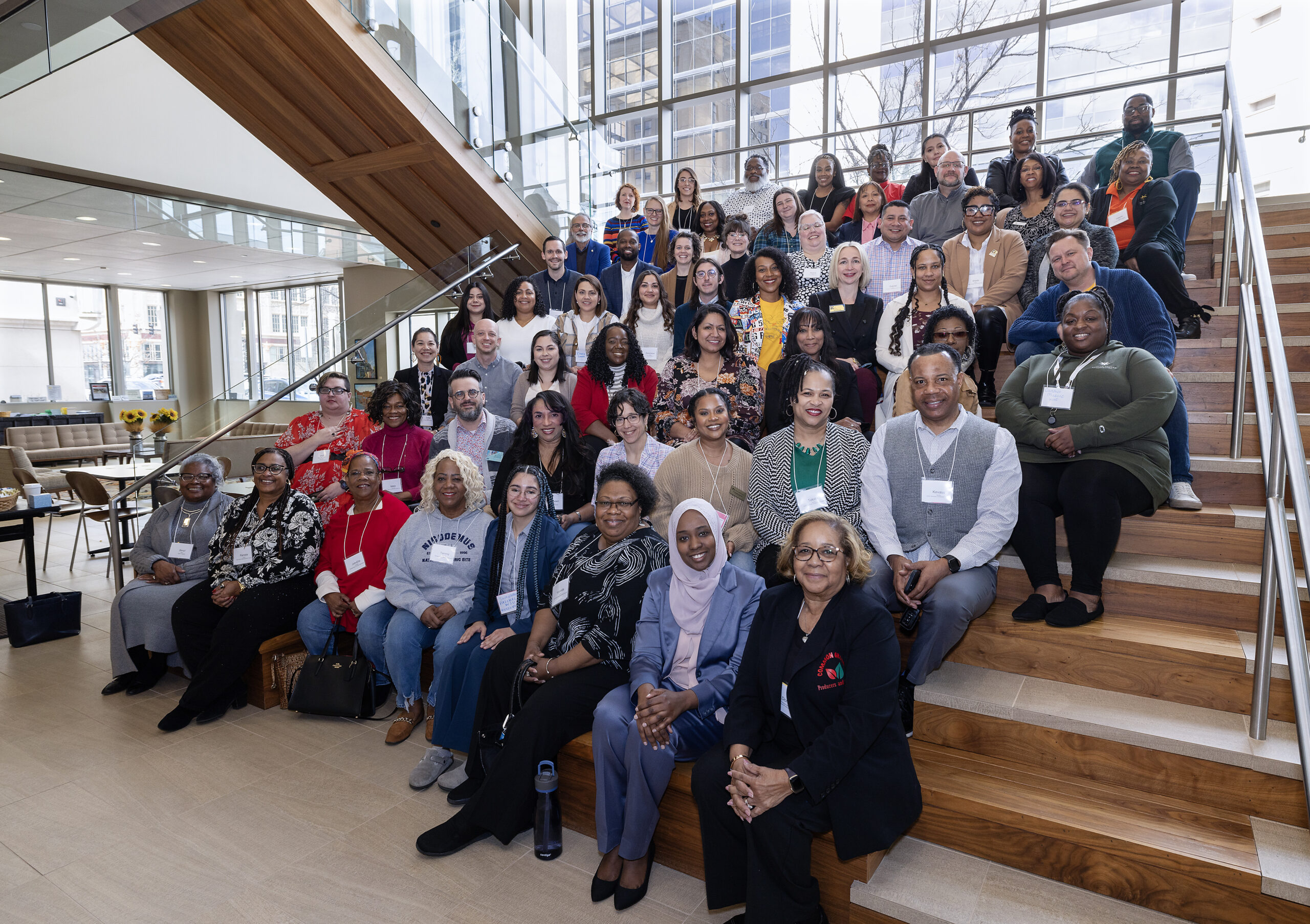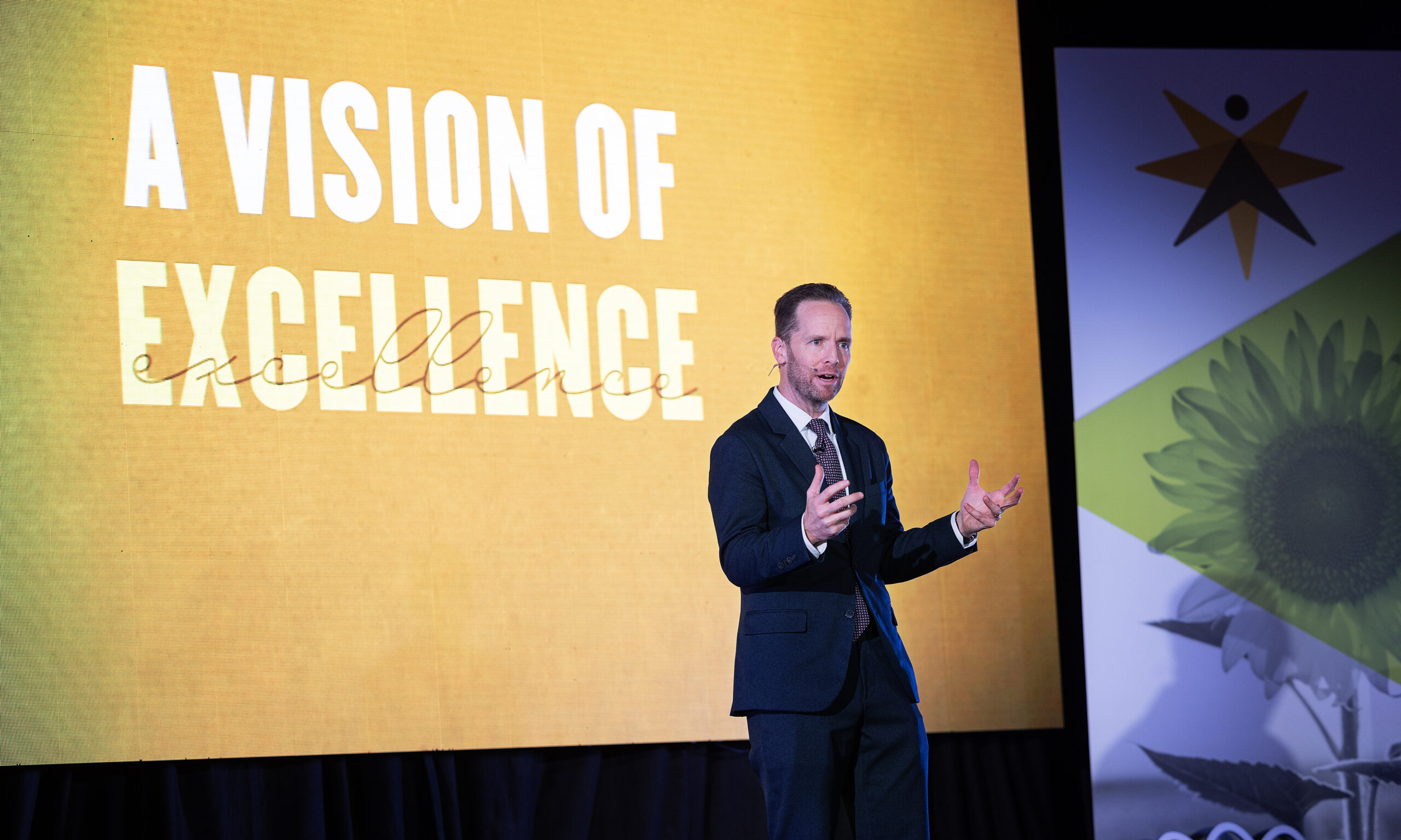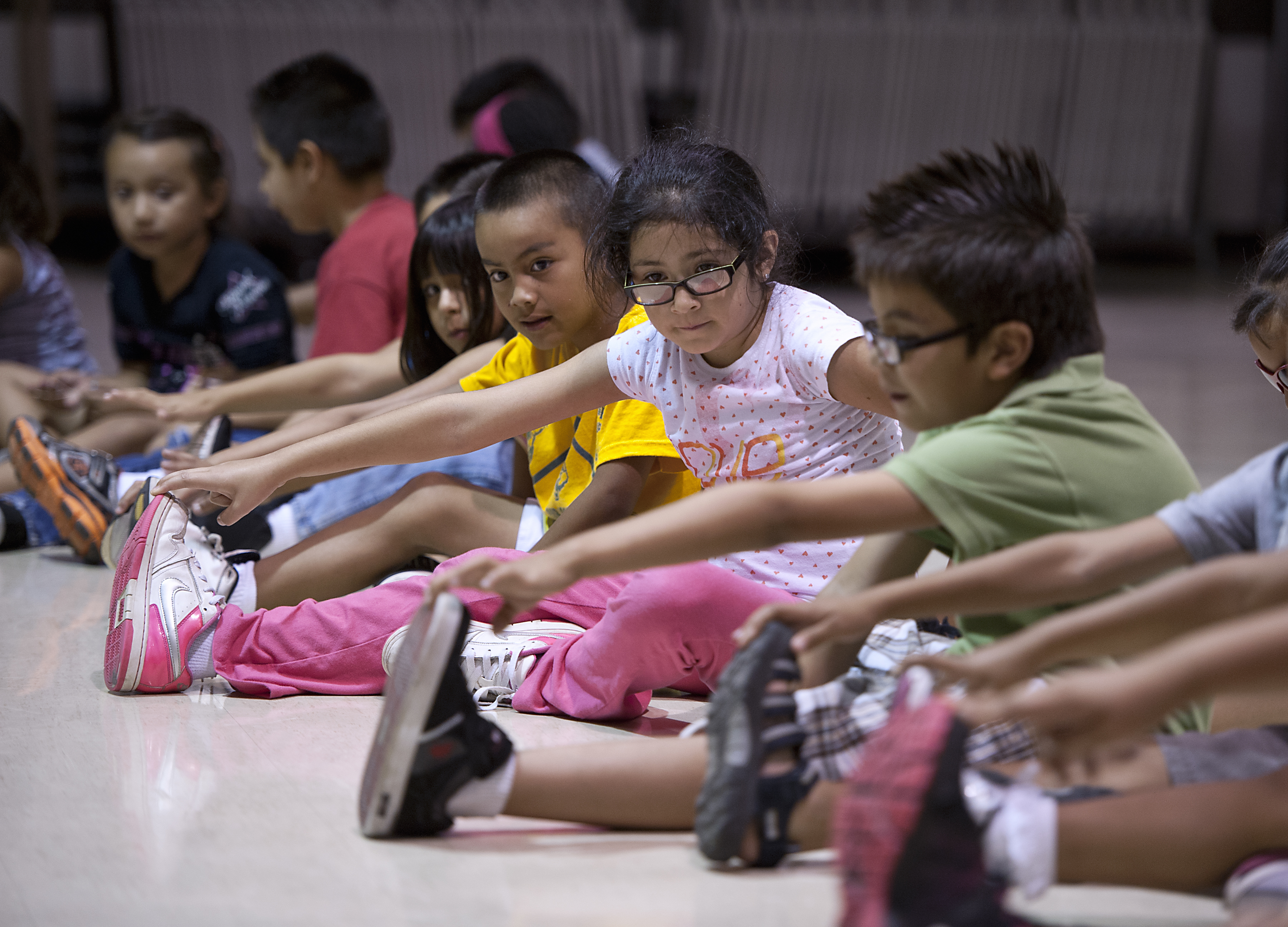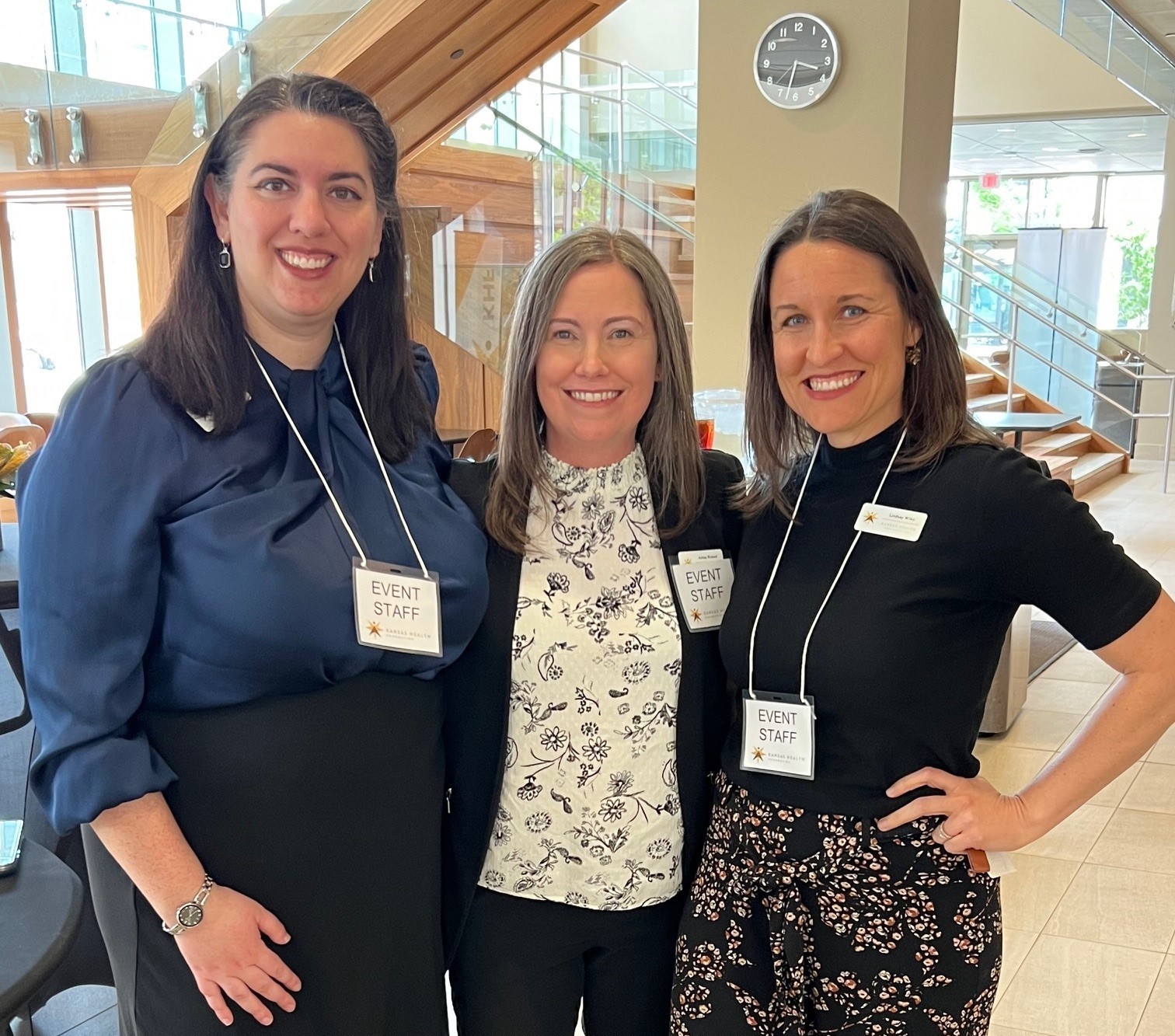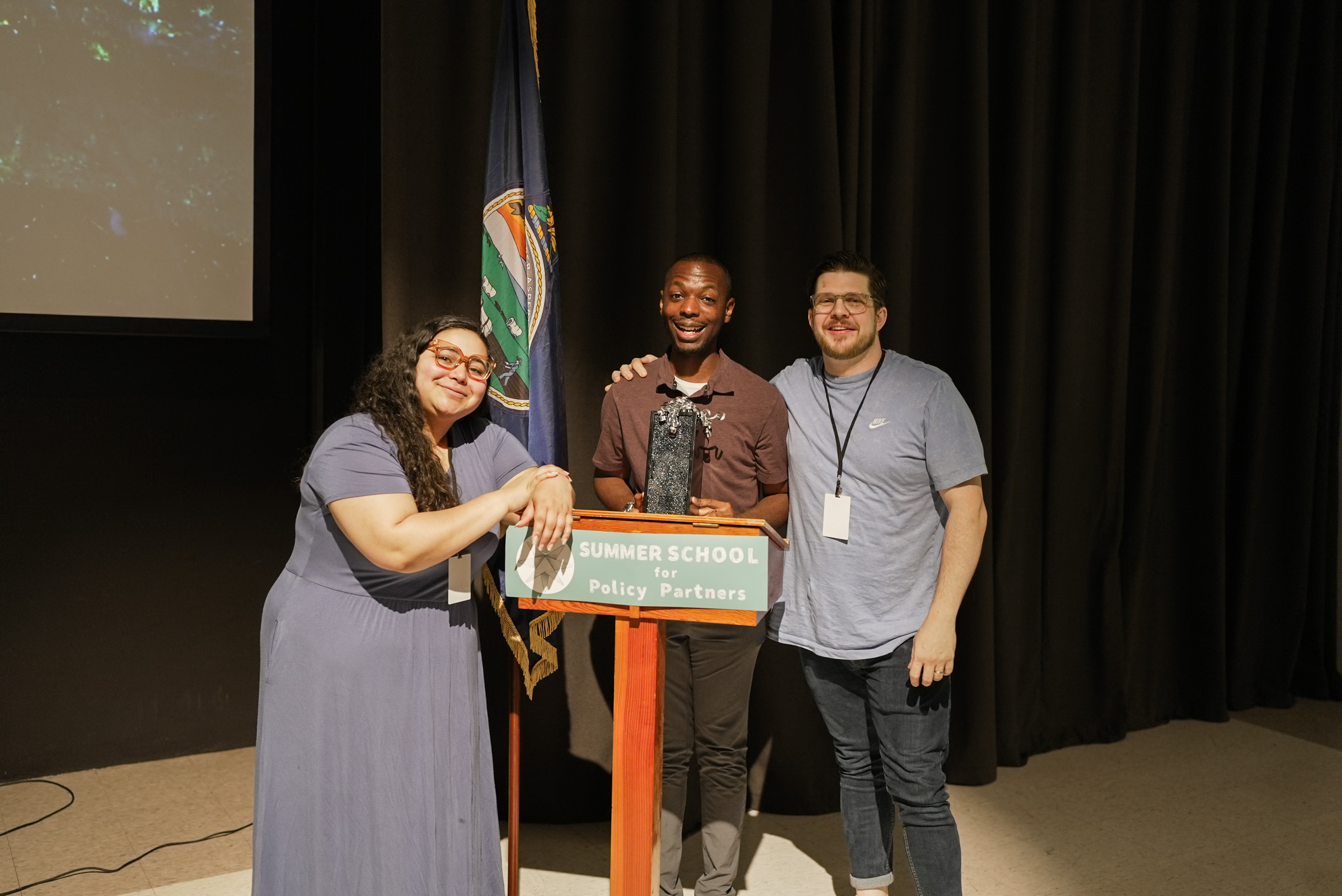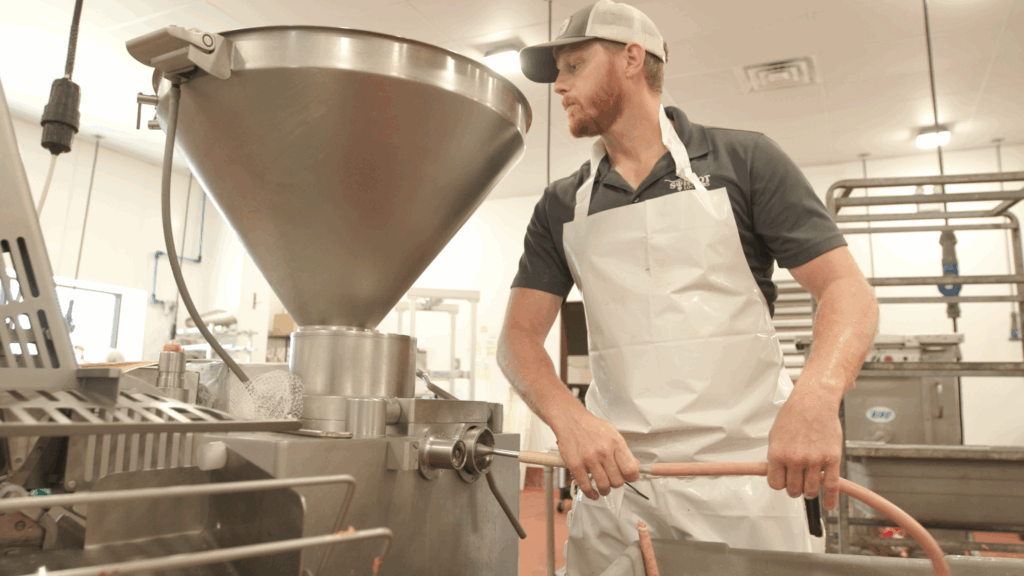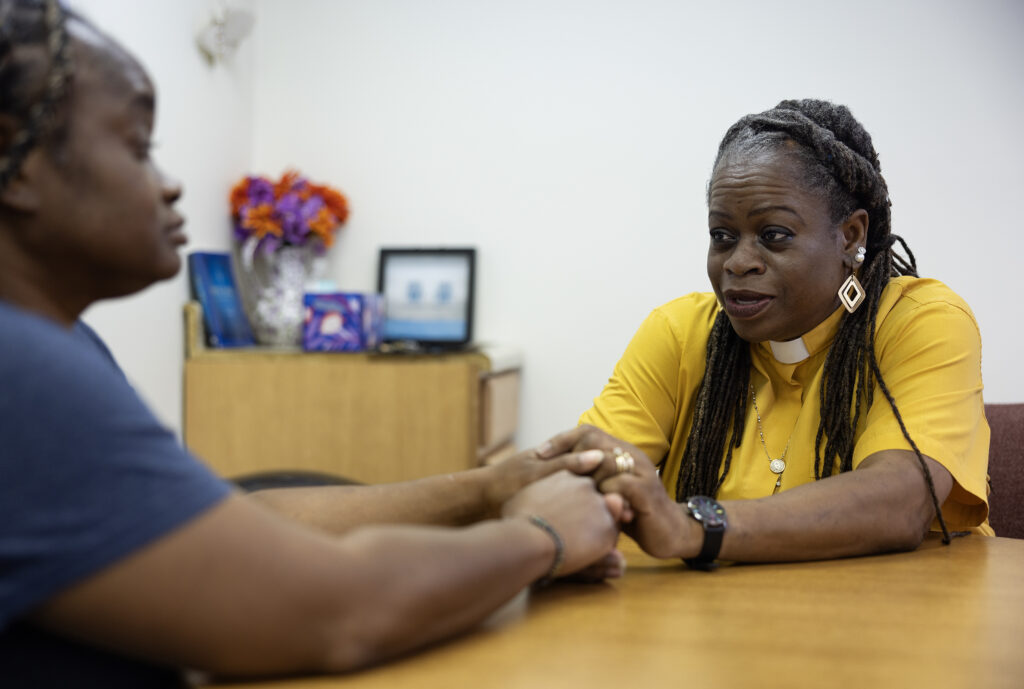This story is connected to a four-part series highlighting the work of the organizations and communities who received Hunger Free Transformation Grants in 2024.
LAWRENCE, Kan. – A landmark effort is underway in Douglas County to connect local Indigenous Native American communities through food, culture, and policy change. It’s an initiative that aims to reshape how local and statewide food systems reflect Native traditions, strengthen access to culturally relevant foods, and support Indigenous food entrepreneurs.
The Douglas County Indigenous Food Systems Study and Action Plan is being led by the Douglas County Food Policy Council (DCFPC) and the Douglas County Sustainability Office, in partnership with Leeway Enterprise LLC, the Haskell Indian Nations U.S. Department of Agriculture Extension Office, KU Office of Sovereign Partnerships and Indigenous Initiatives, and Multispective Health Research & Consulting. The project is supported by a $50,000 Hunger Free Kansas Transformation Grant from the Kansas Health Foundation (KHF).
The two-year study will collect and analyze critical data from Indigenous farmers, chefs, food retailers, Indian Taco pop-ups, and agritourism businesses, according to the Douglas County Food Policy Council. Those findings will inform policy recommendations for the Douglas County Commission and the City of Lawrence, shaping the 2026 update to the Douglas County Food System Plan – a ten-year blueprint for addressing food access, agriculture, and economic growth in the county.
“In talking to Douglas County administration and partners, this is the first time that we are doing government-to-government relations and work with Indigenous Sovereign Nations,” said Connie Fiorella Fitzpatrick, Douglas County food systems specialist and staff liaison to the food policy council.
She mentioned that it’s not just about building a plan, but about starting a new way of working together, honoring Indigenous voices and needs, and making sure they’re at the foundation of future policies.
The study’s findings won’t stop at county lines, however. Through a partnership with the Kansas Food Action Network, results will be shared with food and farm councils statewide, helping to inform broader policy efforts and creating a model other communities can follow.
A Deeply Rooted Community
Douglas County has a rich Indigenous history. Today, the Douglas County Food Policy Council indicates that more than 3,200 residents identify as Native American, representing over 145 Tribal Nations – from the Navajo Nation and Cherokee Nation to the Muscogee (Creek) Nation, Cheyenne River Sioux Tribe, and Oglala Sioux Tribe.
Despite this strong physical and historical presence, county leaders acknowledge that past food system planning efforts have lacked sufficient data and support for Indigenous communities. And that is about to change.
“The [current] Douglas County Food System Plan was written with cultural equity in mind, but the county does not have sufficient information nor data to support our historically underserved Indigenous populations,” the Food Policy Council said in its October 2023 meeting agenda on the project and current food system plan. “Executing the Proposed ‘Douglas County Indigenous Food Systems Study and Action Plan’ now, is of high priority and need to our local government, food policy council (and councils across the state), and to our local Indigenous communities.”
Fiorella Fitzpatrick stated that through the new KHF-funded study, this data, recommendations, and resulting action plan will support their Indigenous neighbors in meaningful, systemic ways and will help fill that gap.
Building an Indigenous-Led Working Group
To ensure cultural and linguistic competency, DCFPC has formed an Indigenous food systems working group, which comprises Indigenous farmers, butchers, food policy council members, Haskell USDA Extension Office representatives, KU representatives, community leaders, and research experts who bring experience in community-based research and health equity.
The working group currently serves as a steering committee for the Indigenous Food Systems Study and Action Plan.
To support the development of the plan, the county hired local Indigenous food systems experts (Robert Hicks, Christina Haswood, Alex Kimball, and Brett Ramey) along with Ruaa Hassaballa, co-founder of Multispective Health Research & Consulting, to serve as planners for the study and co-lead the plan’s development and build a foundation for a sustainable DCFPC Indigenous Food Systems working group.
The working group’s intentional cultural equity work is emphasized at every step of the survey, Hassaballa said, from survey design to focus groups, and reflects Indigenous values and voices.
Two University of Kansas Office of Sovereign Partnerships and Indigenous Initiatives leaders – Lori Hasselman, director, and Alex Red Corn, associate vice chancellor and director and associate professor of Indigenous Studies – have also influenced the project’s vision. Their advocacy reframes “landback” not only as returning physical land to Native Americans but also restoring access to culture through food.
“The way that I, as a food systems specialist for Douglas County, see that connected to ending hunger, is the idea that hunger is not just starving for food, or missing a meal, or using your last pennies for food. Hunger is also hunger for your culture, and hunger for the need to continue traditions,” Fiorella Fitzpatrick said. “I think that is definitely a priority for me as a food systems specialist to support that need, not just to continue, but sometimes to revive those traditions.”
Gathering Stories, Sharing Food
The research phase of the project is already underway. The team is employing multiple strategies, including surveys, one-on-one interviews with tribal elders and food producers, as well as large World Café-style community gatherings.
The first World Café event, held in May at Haskell Indian Nations University’s library, began with a group prayer and a cultural demonstration.
Christina Haswood, a former Kansas state legislator and current intertribal communications specialist hired to assist with the KHF grant work, believes that attendance and interest in the World Café and in creating the Indigenous food systems plan were sparked by an earlier event within the Lawrence Indigenous community.
In September 2024, Haskell Indian Nations University led a harvest workshop for the Indigenous community, where two bison were donated from the Southern Cheyenne and Arapaho (CNA) Tribes, and teachings of ceremonies were shared.
“The bison meat was gone in two or three minutes,” Haswood said. “It’s still being talked about in our community.”
Haswood, who grew up in Lawrence but has roots in the Navajo Nation, said her lived experience helps her support others facing the challenges of living far from their homelands while navigating urban-Indigenous life and trying to access Native foods and culture.
These community gatherings offer a safe space for others navigating these obstacles to discuss this, she said.
Attendees at the World Café in May moved from table to table, answering open-ended questions about the role of food in their culture and the barriers to accessing traditional foods.
“One of the main values of community connectedness that this project is deeply rooted in is that food is not just sustenance – it’s culture, history, identity. For Indigenous communities, traditional food systems reflect relationships with the land, water, animals, and each other; and revitalizing these systems is a pathway to healing, reconnection, and self-determination,” Hassaballa said. “I think of it as ‘community connectiveness’ is a determinant of health, whether it’s social, emotional, spiritual, or physical. And when people feel rooted and supported, they are more likely to thrive.”
More events like this will follow, Hassaballa said, including smaller, more intimate listening sessions and even outdoor engagement walks designed to meet people where they are. The beauty of the project is that they can adapt strategies as they go.
A Space for Sharing and Learning
For Star Her Many Horses, a Haskell Indian Nations University student, food systems intern at the Douglas County Sustainability Office, and DCFPC’s Indigenous Food Systems working group member, facilitating the World Café was a powerful experience.
She recalled watching multiple generations sharing stories. She even witnessed her own grandmother speaking with another older individual about corn varieties and the soil differences between Kansas and their own homelands.
“It’s interesting to see at this café, although it is used to gather information, they are learning from each other,” Her Many Horses said. “It was just really a unique experience to be a part of.”
Her Many Horses, who is Oglala Lakota, Cheyenne and Arapaho, Taos Pueblo, Meskwaki, and Leech Lake Ojibwe, is also conducting her own independent study on Kansas tribal foodways, identifying potential partnerships to bring nationwide Indigenous food services to Douglas County. Her study will directly inform the Indigenous Food Systems Study and Action Plan and the next Douglas County Food System Plan.
Looking to 2026 and Beyond
This project will wrap up in early 2026, with findings presented to county leaders, Indigenous community members, and food policy councils statewide.
Haswood hopes the plan will lead to the hiring of a tribal relations staff position in Douglas County, stronger relationships with Kansas tribes, and new opportunities for Indigenous food entrepreneurs.
County leaders are also exploring funding for a pilot grocer or congregation site – a hub where Indigenous food producers can sell goods and community members can access Native foods.
“We’re building a solid foundation for systems change,” Fiorella Fitzpatrick said. “That’s what’s exciting … it’s not just a study, it’s the start of a shift in how we do this work, and how we support Indigenous communities for years to come.”
###


